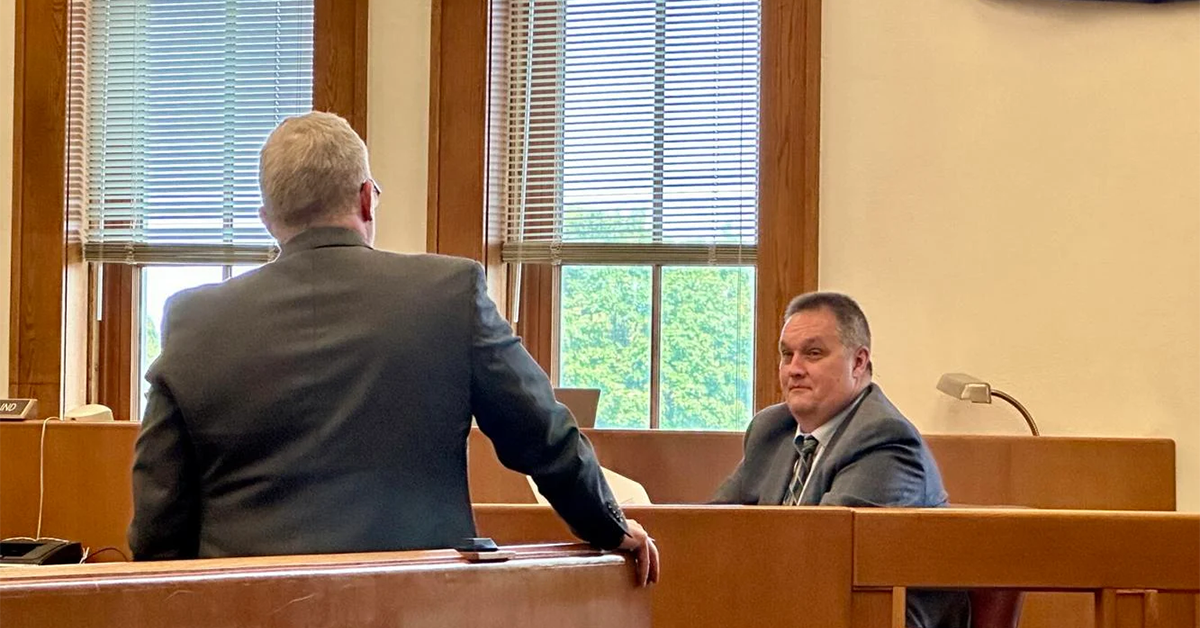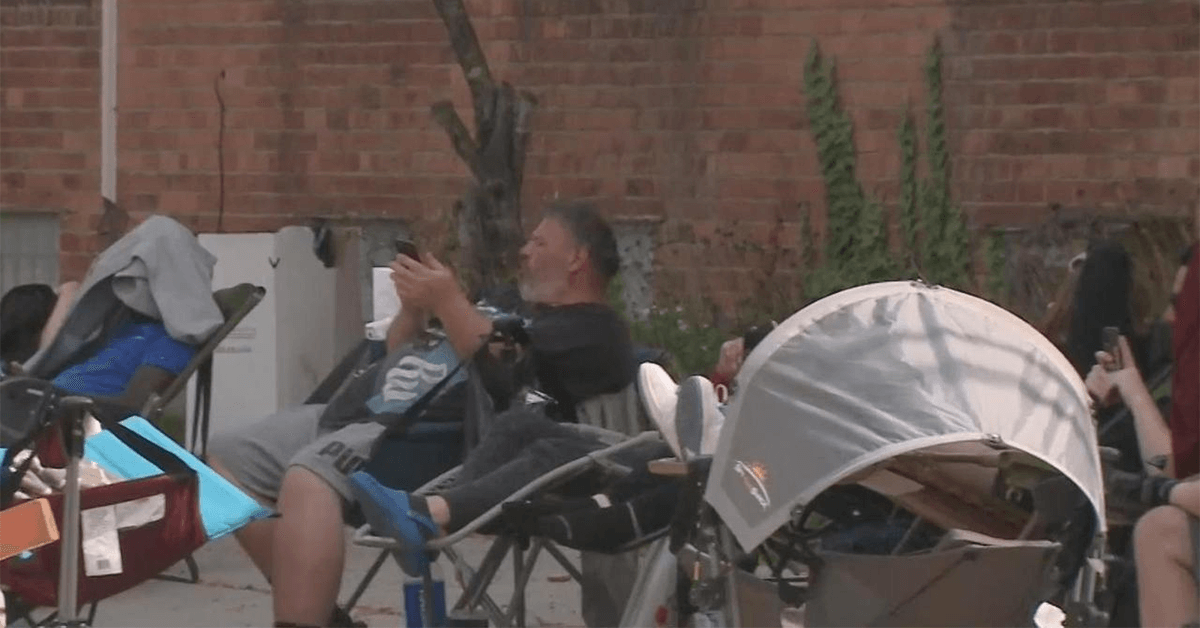Michigan Marijuana Licensing Drama: The Battle Continues in Menominee

In a new chapter of the unfolding legal drama surrounding Menominee's marijuana licensing, recent developments have put a temporary halt to the issuance of further licenses, revealing deeper intricacies and ongoing issues in local governance and adherence to state law. The City of Menominee, nestled in Michigan, has found itself entwined in a complex lawsuit that challenges the transparency and ethical considerations of its marijuana licensing and ordinance proceedings.
Judge Mary Barglind recently issued a preliminary injunction, asserting that the city cannot undertake any further actions in line with its altered marijuana ordinance or violate the Open Meetings Act during the ongoing state lawsuit. Originating in August, the lawsuit has been spearheaded by a ballot committee named the Committee to Stop Unlimited Marijuana Shops, along with Rize and The Fire Station.
The crux of this legal action centers around allegations of violations concerning the Open Meetings Act and city charter. If victorious, the plaintiffs could see the latest marijuana ordinance invalidated, prohibiting the city council from modifying the number of allowed marijuana shops or issuing various permits until the citizens of Menominee have had their say through a certified, referendum petition. Furthermore, the plaintiffs are advocating for public meetings without closed sessions and for licenses to be limited to only two.
Notably, Menominee City Manager Brett Botbyl has testified that the city did, in fact, violate the Open Meetings Act, shedding light on a pattern of continued non-compliance that Judge Barglind found far from mere technical violations. The judge asserted that this repeated non-adherence to the Act might, in a permanent injunction hearing, be deemed as impairment to the public's rights.
Barglind's decision and Botbyl's admission arrive amidst a backdrop of criticisms directed at the city's handling and communication related to the marijuana lawsuits. Attorney Mike Cox, representing Rize, emphasized a "routine disregard" for keeping Menominee's citizens informed about governmental actions before and after pivotal meetings.
In a perplexing twist, even the introduction of appropriations seemed shrouded in a lack of clarity and transparency. Mayoral candidate Casey Hoffman announced in a special meeting that an allocation to "back the blue" would soon be introduced, despite neither the mayor nor Botbyl having prior knowledge of such financial adjustments. Botbyl's testimony revealed that even council members and city attorneys were in the dark about the appropriation's introduction, raising further questions about internal communication and governance within the city council.
This legal entanglement also offers a closer look at the dealings between the city and various marijuana companies. Distinct disparities were unearthed in the stipulations and requirements for original applicants like The Fire Station and Rize compared to companies like Highwire Farms and NU Group who entered through a settlement. This discrepancy is emphasized by the fact that no other licenses can be issued until those six companies from the settlement secure licenses and locations, putting other applicants on an indefinite hold.
Botbyl pointed fingers at the city website and the EagleHerald for being culpable for Open Meetings Act violations, attributing them to delays in publishing minutes. Nevertheless, the resulting impact leans towards a less informed Menominee citizenry, as the city's internal and external communication pipeline appears fractured at best.
As this saga unfolds, it further intertwines with a history of alleged murky ethics and clandestine dealings that have punctuated Menominee's marijuana licensing landscape. A previous article delves into past allegations, including potential conflicts of interest and battles between the city council and Menominee voters, presenting a detailed overview for those wanting to explore the initial stages of this ongoing dispute.
Navigating through this intricate web of lawsuits, settlements, and ethics queries, Menominee stands as a striking example of the challenges emerging in the legal marijuana business landscape, where high stakes and a potential influx of revenue appear to be entwining with governance, ethics, and transparency in ways that the citizens and businesses of Menominee are wrestling to untangle.
It remains to be seen how these ongoing legal battles and ethics inquiries will resolve and what impacts they will have on the marijuana industry, local governance, and the citizens of Menominee, Michigan. As this situation continues to unfold, ensuring clarity, transparency, and adherence to both legal and ethical guidelines will be paramount in navigating the troubled waters of marijuana licensing and governance.
Share this article:
Spotted a typo, grammatical error, or a factual inaccuracy? Let us know - we're committed to correcting errors swiftly and accurately!








 Helpful Links
Helpful Links